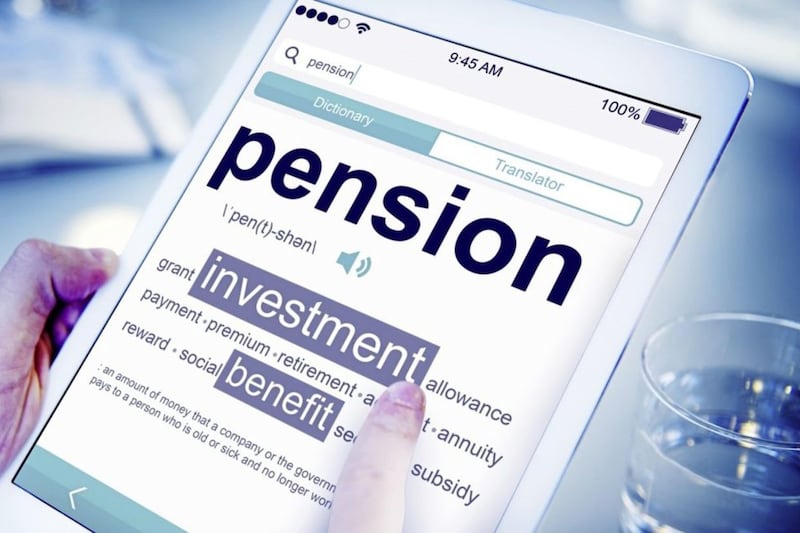QUESTION: As a small business struggling with inflationary pressures and rising interest rates, what are the tax opportunities shared by Chancellor Jeremy Hunt recently?
ANSWER: In the weeks leading up to November’s Autumn Statement, the newspapers and media were full of speculation about tax cuts. This was a bit of a surprise as just over a year the tax cuts announced by Kwasi Kwarteng were judged imprudent by international markets contributing to a fall in the value of sterling and increases in interest rates.
Nevertheless, it seemed that a side effect of inflation was that higher incomes and prices had fed through into higher tax receipts; the Chancellor had more in his coffers – more ‘fiscal headroom’ – than had been predicted in the Spring, and commentators were suggesting what he might do with it.
Mr Hunt started his speech by claiming he was bringing forward 110 growth measures to back business.
Alongside the halving of inflation, additional fiscal headroom provided Mr Hunt with an opportunity to deliver an upbeat Autumn Statement targeting growth, driven firmly by business investment and stimulating employment.
To support business investment the Chancellor made full expensing for relevant capital expenditure permanent, giving businesses tax relief at 25p for every pound spent. This change provides them with greater certainty and stability and should encourage further investment.
Measures were also announced to introduce new investment zones and extend the tax relief timeframe for both them and freeports from five to ten years.
National insurance was cut, with a two-percentage point drop for employees (Class 1), and abolition of Class 2 and reduction of Class 4 by one percentage point.
It was encouraging to see an increase in the National Living Wage and further support for apprenticeships with an additional £50 million announced to support skills development in key growth areas.
Both the full expensing and NICs policies go somewhat against the grain of previous tax changes under recent Conservative-led governments. Between 2010 and 2016, George Osborne focussed on cutting the headline rate of corporation tax, while broadening the base by reducing the generosity of capital allowances.
More recent, chancellors have gone in the opposite direction – reversing previous cuts to the headline rate but offering more generous incentives to investment.
The change in tack on employment taxes is more recent. Under the chancellorships of Sunak and Hunt, the income tax personal allowance, higher rate threshold and (more recently) NICs thresholds have been frozen, rather than being uprated with inflation.
The danger for businesses trying to plan their future activity is that the government may not be able to afford to stay the course on tax cuts. These cuts have been funded by higher inflation which boosted forecast tax revenues. Time will tell if the current government can stay true to these cuts.
If you would like to find out more about any of the announcements in last week’s autumn statement, feel free to contact me at m.mclernon@fpmaab.com.
:: Malachy McLernon (m.mclernon@fpmaab.com) is partner at FPM Accountants Ltd (www.fpmaab.com). The advice in this column is specific to the facts surrounding the question posed. Neither the Irish News nor the contributors accept any liability for any direct or indirect loss arising from any reliance placed on replies









